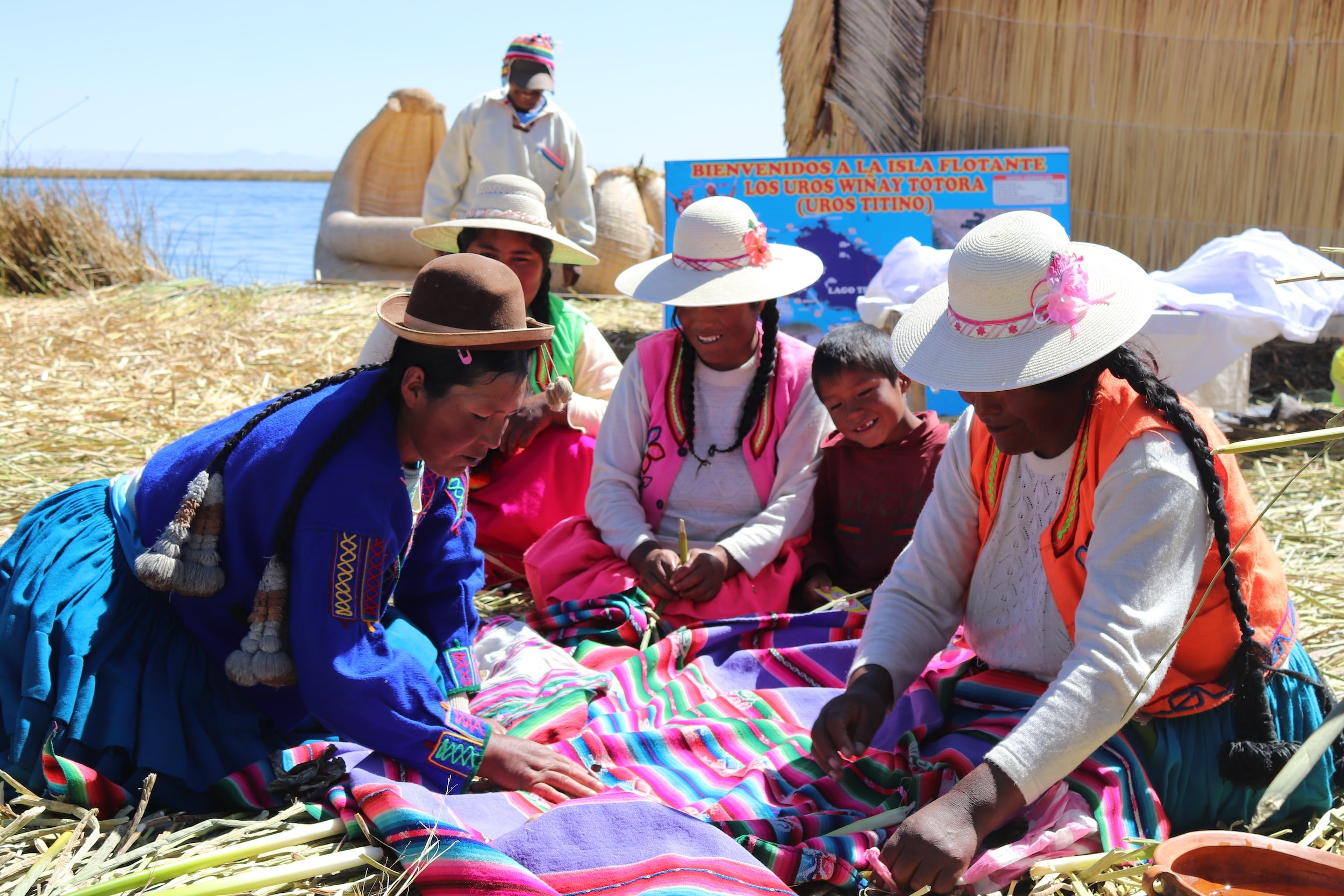Two Researchers on Ethics: Video & Podcast
The focus for March 2021 was on Designing an Ethical Study. In this post, Drs. Helen Kara and Suzanne Albary share their thinking and questions about research ethics in a video and a podcast, respectively. Dr. Kara introduces some core principles, and Dr. Albary talks about how research ethics is practiced.
Dr. Helen Kara
In this short video Dr. Kara presents simple, clear ways to think about ethics at all stages of the study. MethodSpace readers will recognize Helen from Methodspace posts and from her contributions to a webinar about Creative Methods.
Dr. Suzanne Albary
In this podcast episode, Suzanne Albary will be talking about research ethics. She’ll be speaking Fiona Ellis, co-founder of the Survivors in Transition, a Suffolk-based charity who support men and women who have experienced sexual abuse in childhood. Fiona has researcj ethics experience, not only from her role within SITS, but also as a member of the University of Suffolk institutional ethics committee. Suzanne also speaks to Dr. Will Thomas, associate professor of the Suffolk Business School, about his research and the importance he places on an embedded approach to ethics.
More Methodspace posts about research ethics
Watch the recent, thought-provoking webinar focusing on the integration of generative AI tools within academic settings. The engaging guest speakers, Dr Leo Lo and Dr Tom Chatfield, delved into the significance of AI literacy for researchers, educators and students, as well as discussing best practices and ethical considerations.
Responsible Conduct of Research program from Epigeum offers vital training for maintaining integrity at every stage of the research lifecycle. In this blog, Professor Nicholas Steneck shares his experience of updating the course to reflect the evolving US research landscape.
Dr. Stommel brings clarity to the messy world of data collection on social media.
The wealth of material available online is irresistible to social researchers who are trying to understand contemporary experiences, perspectives, and events. The ethical collection and -use of such material is anything but straightforward. Find open-access articles that explore different approaches.
How to protect data when recording interviews on videoconference platforms.
The public is exposed to news stories about bad academic research behavior online. How can we counter this narrative and build credibility?
Julianne Cheek and Elise Øby, co-authors of the book Research Design: Why Thinking About Design Matters, discuss how to make decisions about what qualitative, quantitative, or mixed methods data to collect and how to do so. This post is the third of a three-part series of posts that feature ten author interviews.
Julianne Cheek and Elise Øby, co-authors of the book Research Design: Why Thinking About Design Matters, discuss how to make decisions about methodology in this collection of video interviews. This post is the second of a three-part series of posts that feature ten author interviews.
We need to think about research before we design and conduct it.
Julianne Cheek and Elise Øby, co-authors of the book Research Design: Why Thinking About Design Matters, discuss the first three chapters in these video interviews:
Chapter 1 – Research Design: What You Need to Think About and Why
Chapter 2 – Ethical Issues in Research Design
Chapter 3 – Developing Your Research Questions
Some of us feel that technology is everywhere, but that is not the case for everyone. Inequalities persist. What do these disparities mean for researchers?
Ethical decisions are present throughout the process of academic writing and publishing. This collection of open-access articles offers insights about some of the issues writers face.
Learn more about the peer review processes and ideas from the field about how to improve it. Find a variety of perspectives in this collection of open-access articles.
SAGE MethodSpace partnered with Prepared to Zoom into the meeting and hear selected delegates provide statements on the difficulties of research during global crises and suggestions on how stakeholders can work together better in the future. View the recording!
SAGE Publishing offered a free webinar during Banned Books Week. View the recording here.
Many Methodspace researchers conduct independent research, or are in situations where they do not have access to an Institutional Review Board or other ethics review options. Working with a private agency is an option, as described in this guest post.
Explore researchers' roles and practices for developing trust in this collection of open access articles.
This post offers research examples in open-access articles about ethical, respectful, research with Indigenous people and communities.
In this 2018 interview Dr. Benson Honig discusses ethical research conduct.



















Informed consent is the term given to the agreement between researcher and participant. In this post Janet Salmons offers suggestions about the intersections of the Internet communications, ethics and participants.